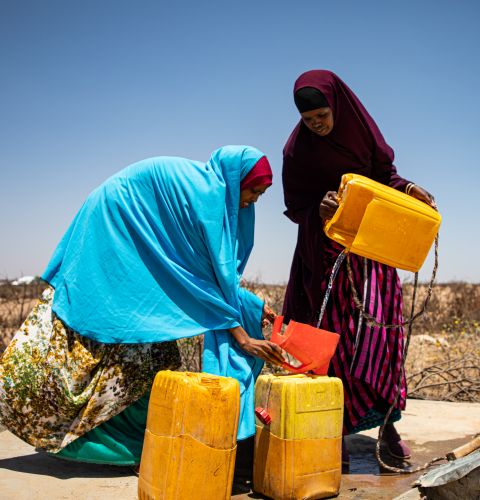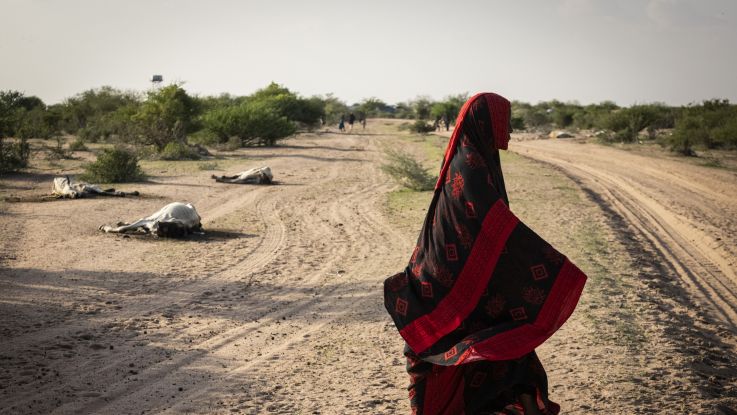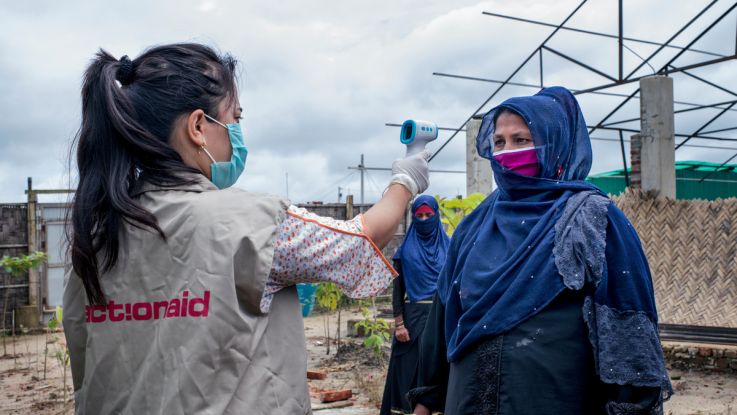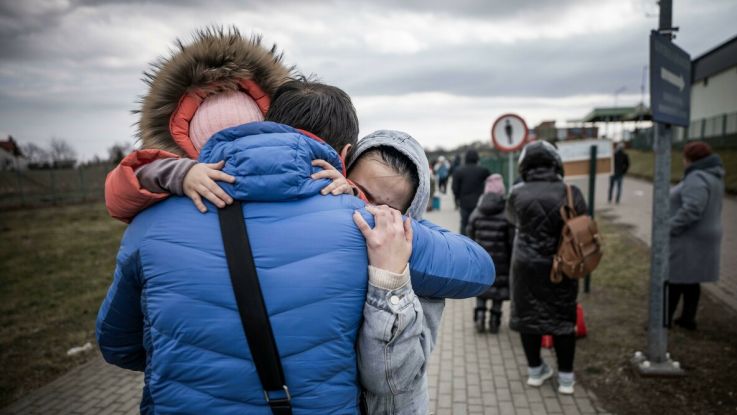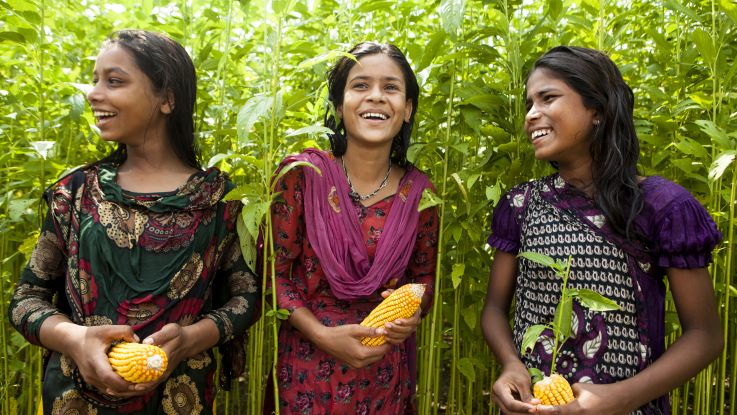Around the world, the demand for humanitarian assistance is growing, with funds urgently needed.
In 2024 alone, nearly 300 million people were predicted to need humanitarian aid and protection. This is only set to increase as violent conflicts are expanding and climate shocks are increasing in number and severity.1
The greatest loss of life occurs in the first 72 hours after a disaster while the aftermath - including physical and emotional - is devastating.
Our public appeals raise thousands of pounds, but they take time to reach affected communities. By supporting ActionAid’s Emergency Action Fund you can contribute to a flexible fund that enables us to respond immediately when a disaster strikes, as well as enabling preparedness and longer-term responses to take place.
ActionAid's work in emergencies
Watch how ActionAid saves lives and protects rights through the Emergency Action Fund.
How we respond to an emergency
ActionAid’s model puts women and girls at the forefront of emergency response activities, such as:
- Providing immediate relief and essential support items including food and water, shelter, dignity kits and other important household items. We set up women-led relief committees to distribute items fairly, based on their knowledge of the needs in their community.
- Establishing women’s safe spaces to provide a place to access information, counselling services, psychosocial support and referrals for clinical services.
- Protecting women’s and girls’ rights and ensuring that we do not overlook their specific needs and vulnerabilities in emergency situations.
- Setting up women-led task forces which report violence against women and girls in emergencies. Women are twice as likely to experience violence in a disaster, with more than 70% facing gender-based violence in some crises. ActionAid’s task forces work to keep women and girls safe during an emergency.
- Making sure women and communities take part in decision-making during disasters because women, girls and communities are often the first to respond, yet too often their roles are undermined and their voices ignored.

Empowering women for resilience: Betina's leadership journey in Vanuatu
Betina is the Ground Coordinator and President of the Women I Tok Tok Tugeta (WITTT) Network in Malo, Vanuatu.
In May 2023, she attended a women-led preparedness training on the island of Santo, Vanuatu.
Betina was able to share her learnings with her community, and she felt proud that she could build the solidarity and strength of the women on her island and help communities become better prepared for disasters.
In my village, the women do not have the free time to do things or feel they cannot do things they want. I am glad to attend this training because I now understand the National Disaster Management Office structure. When I go back to my village, I will tell the women that we should not be afraid of the police. Since I now know the structure, I now know what to do.’’
Betina, president of the Women I Tok Tok Tugeta Network in Malo, Vanuatu.
Clare Douglas/ActionAid
Thank you for considering a gift to Our Emergencies Action Fund. Your donation could help us provide crucial immediate support in the first hours of a disaster, as well as enabling preparedness and longer-term responses.
Now, more than ever, your support to this fund is vital.
Footnotes
- 1https://www.unocha.org/publications/report/world/global-humanitarian-overview-2023-enaresfr
Page updated 17 February 2025
